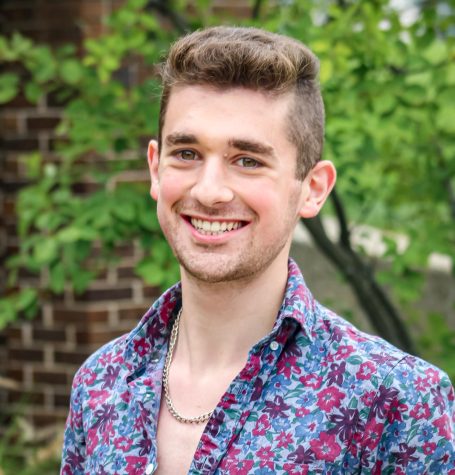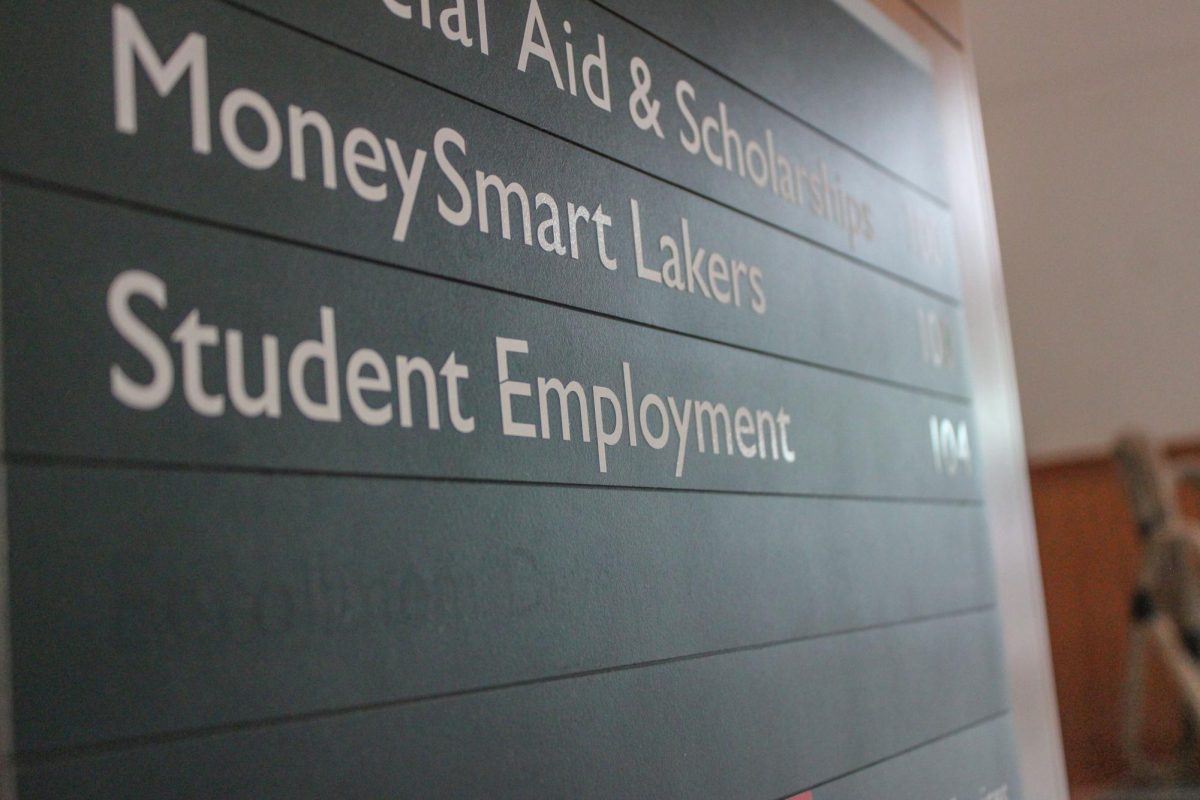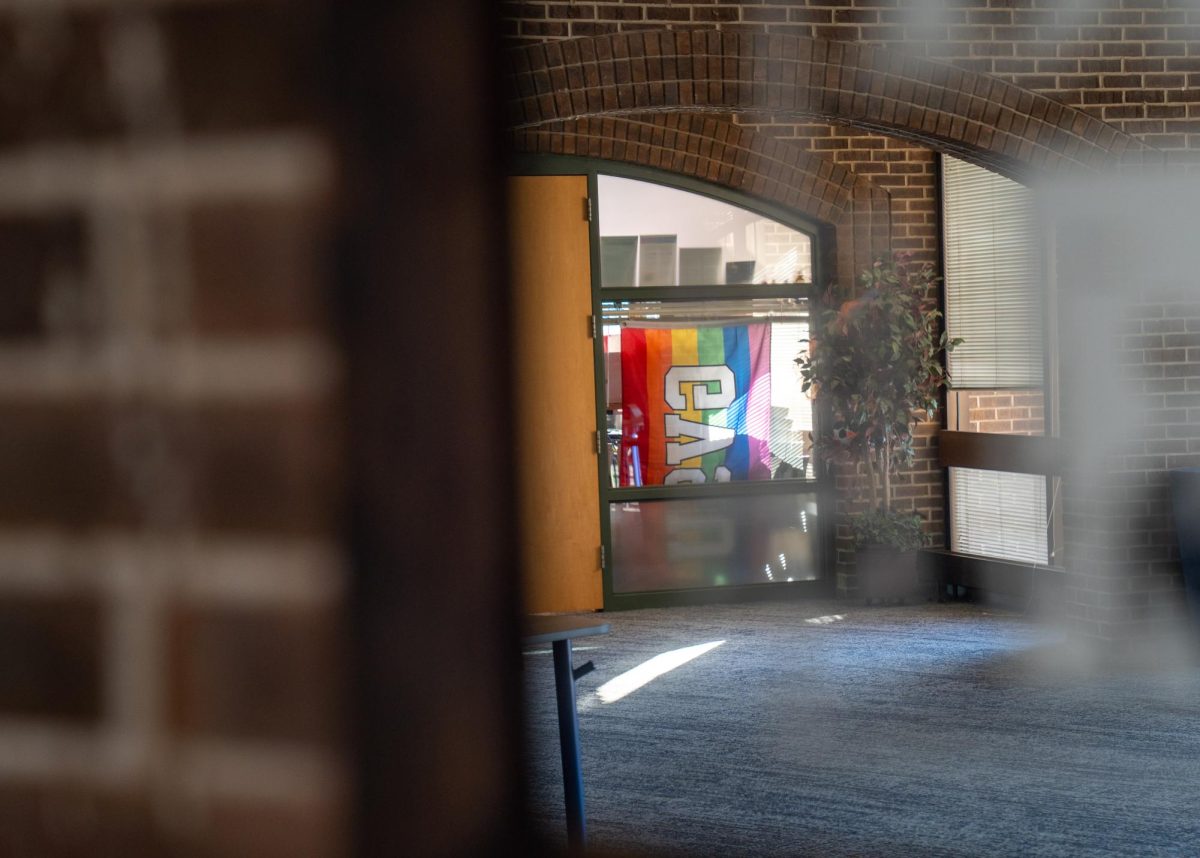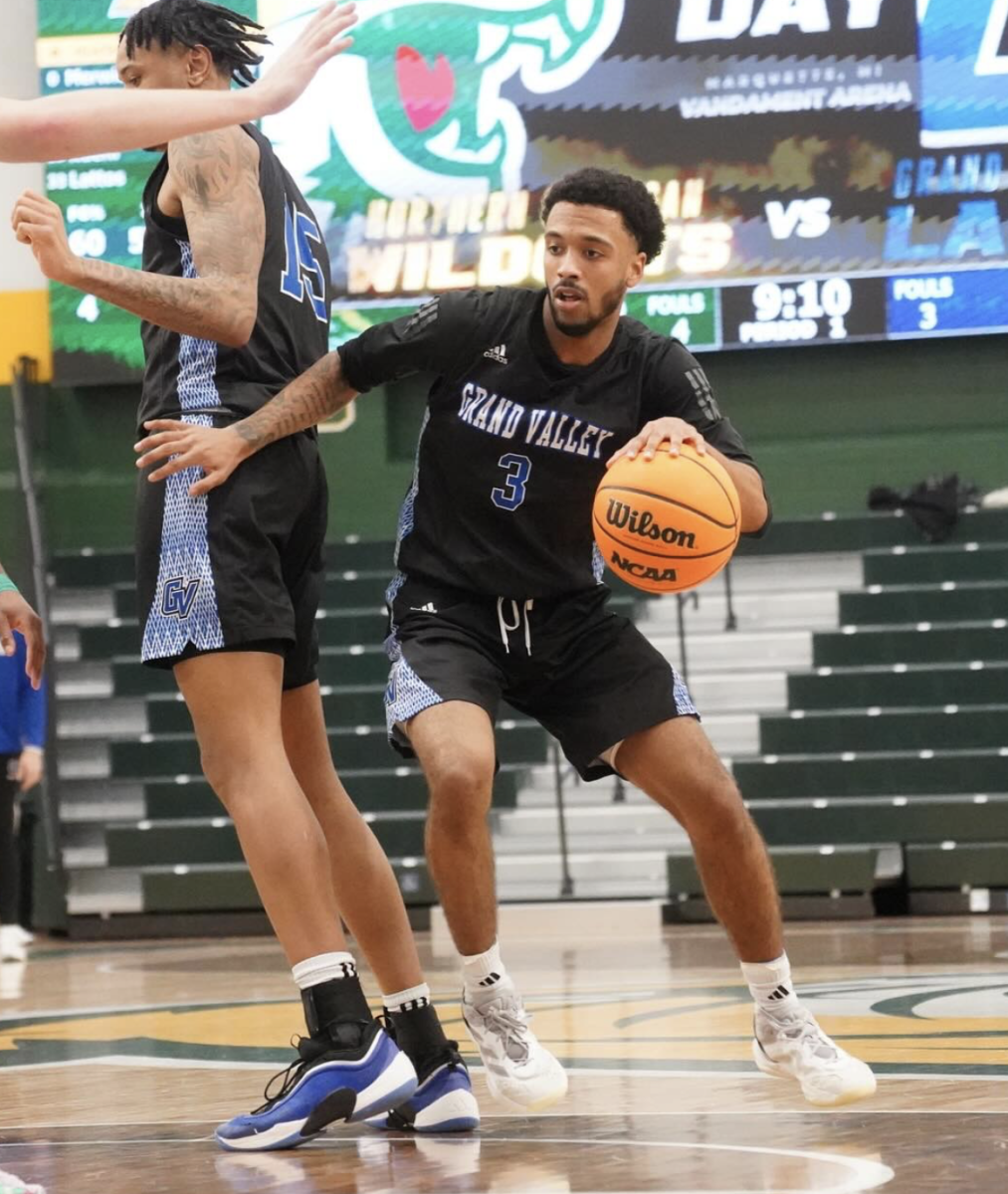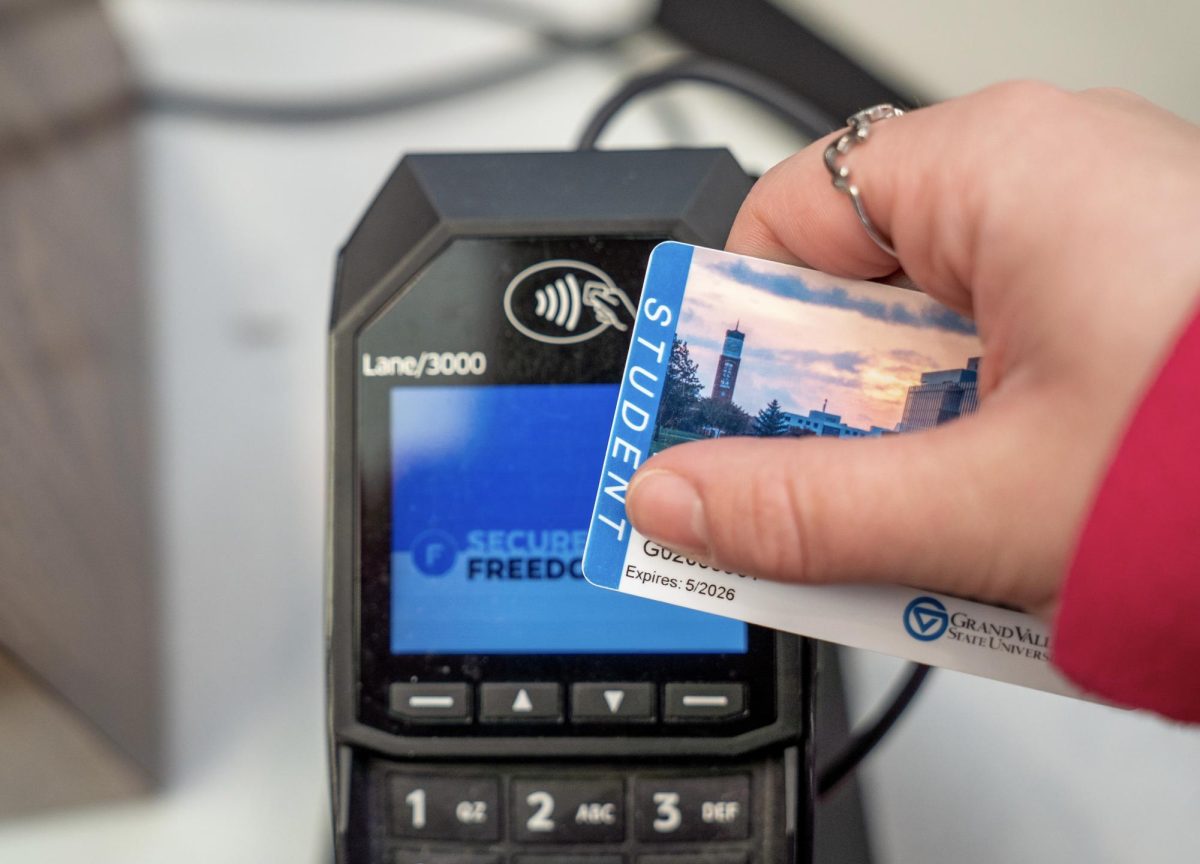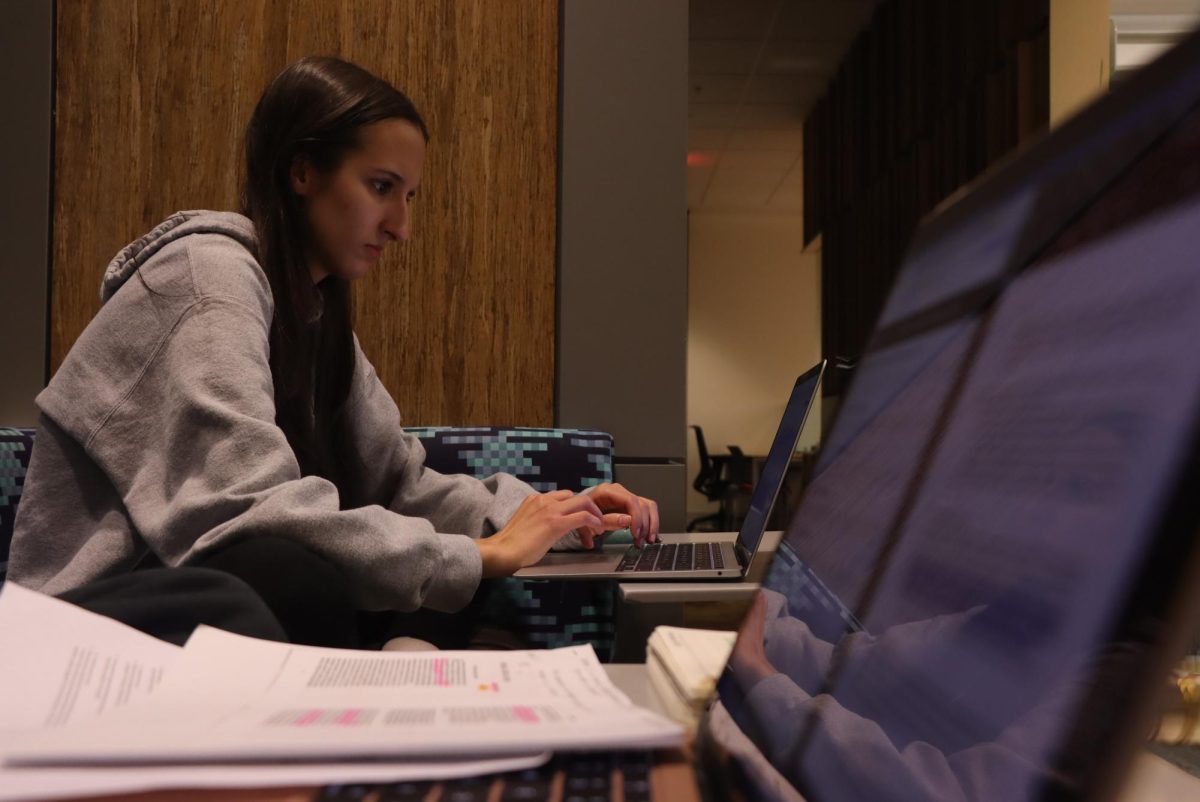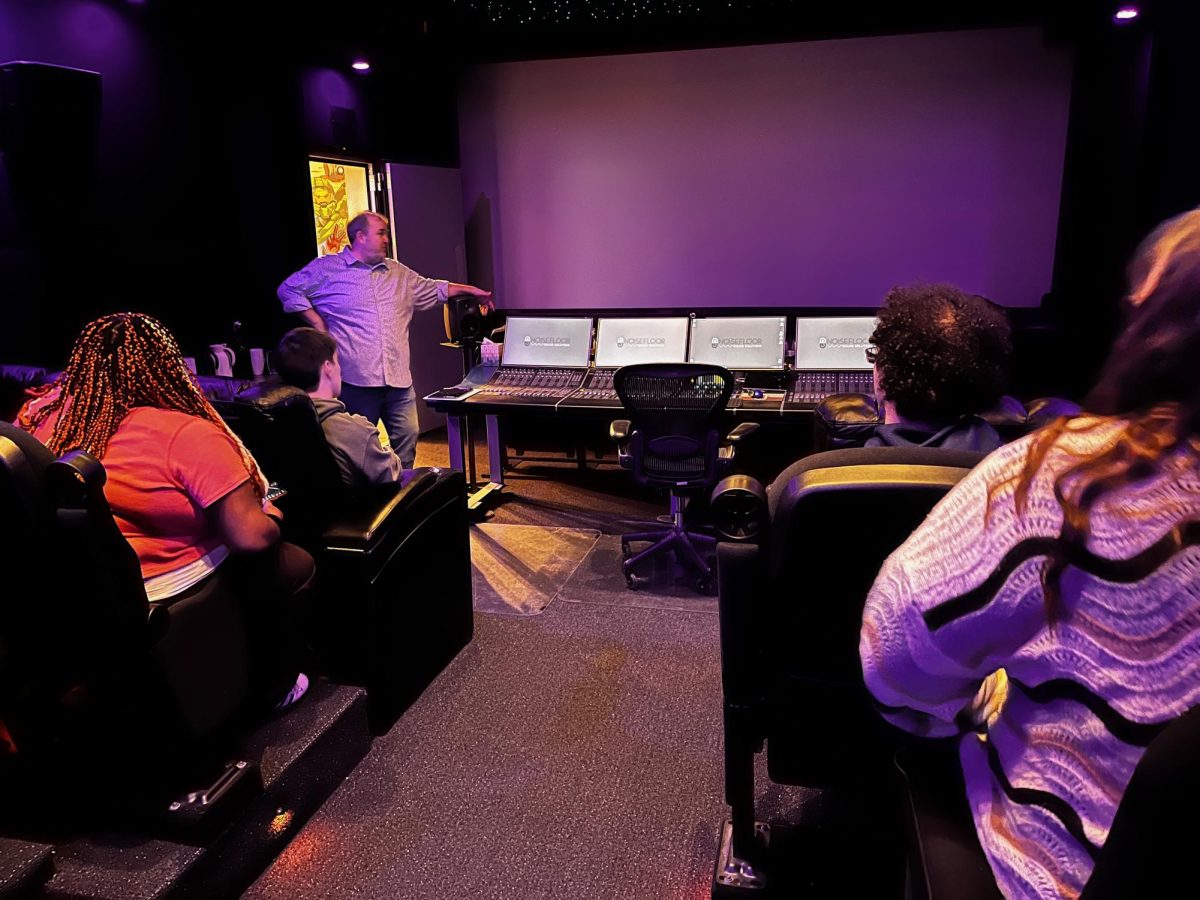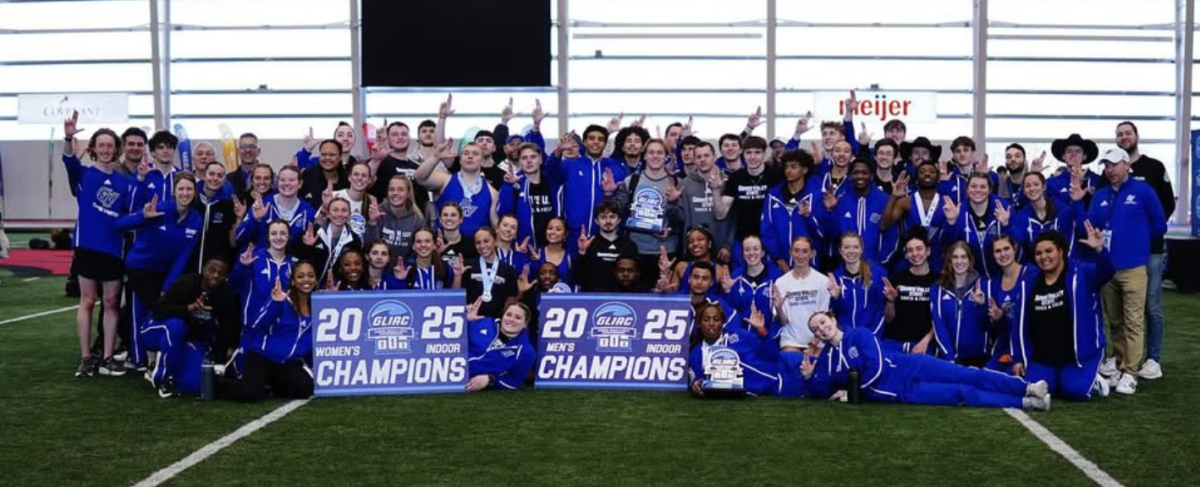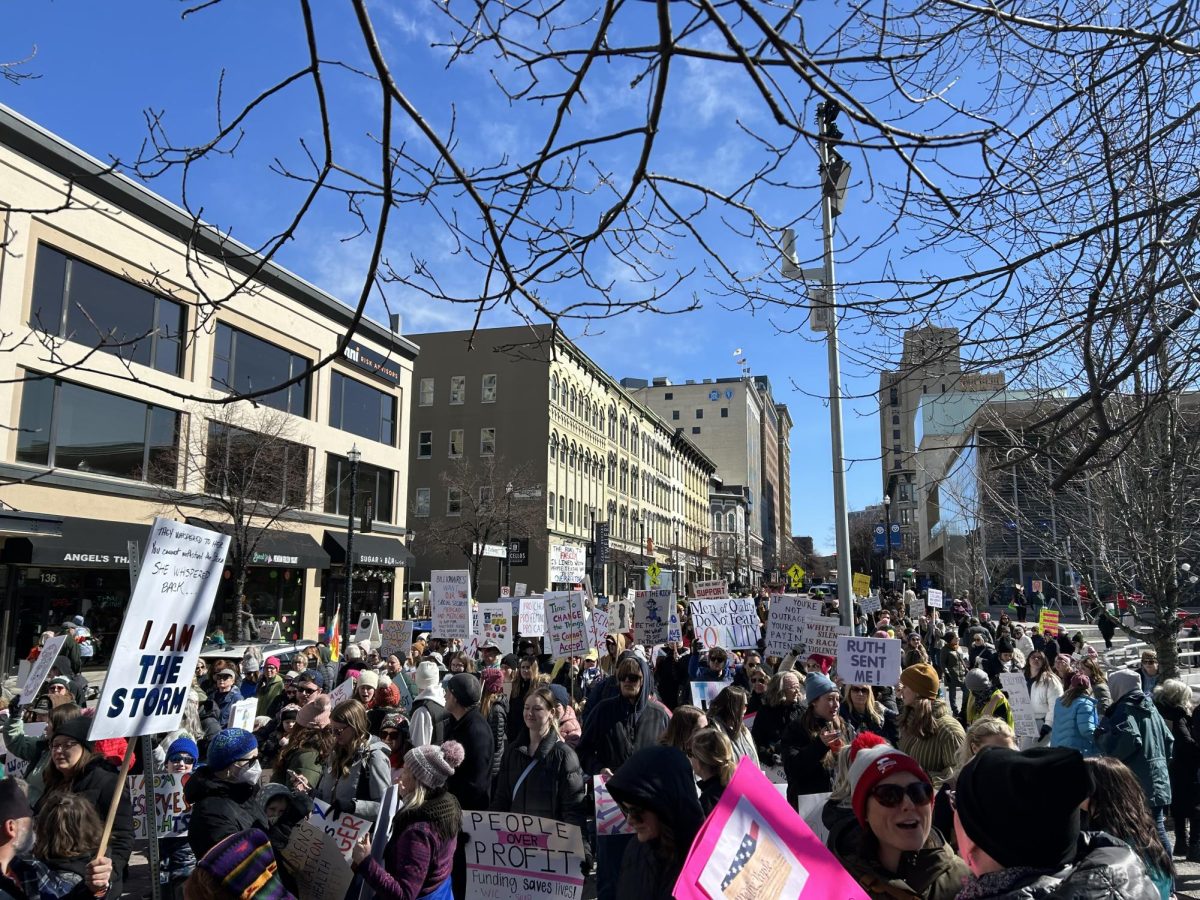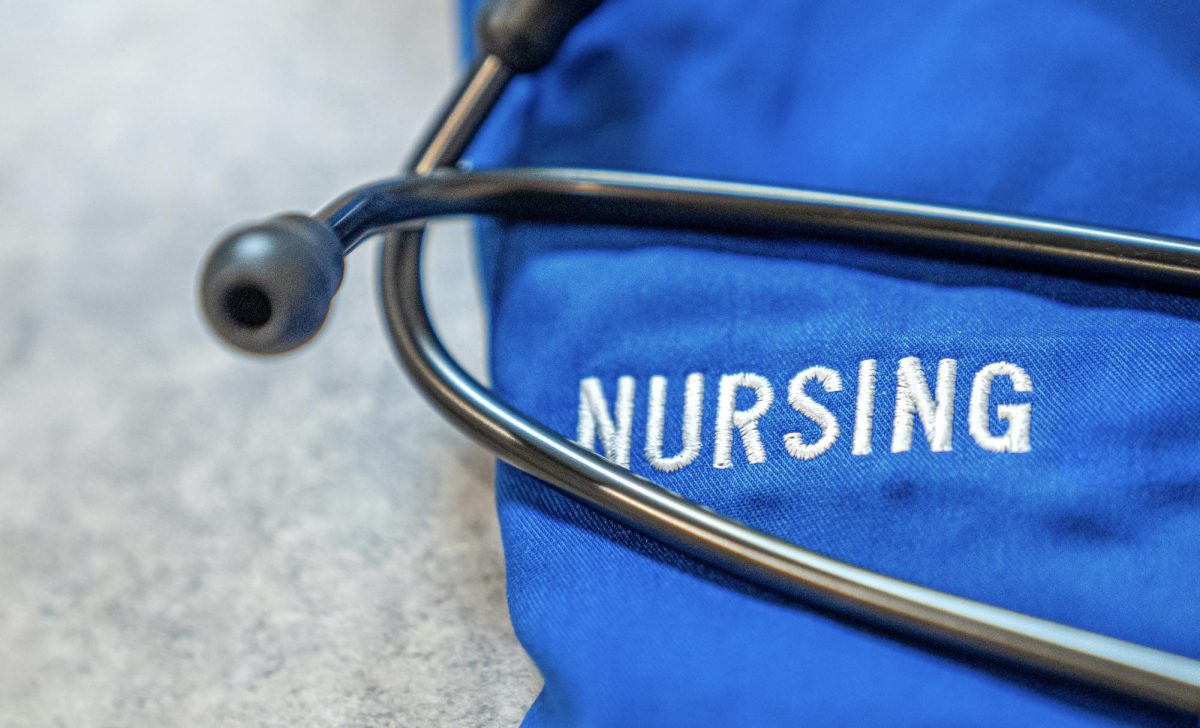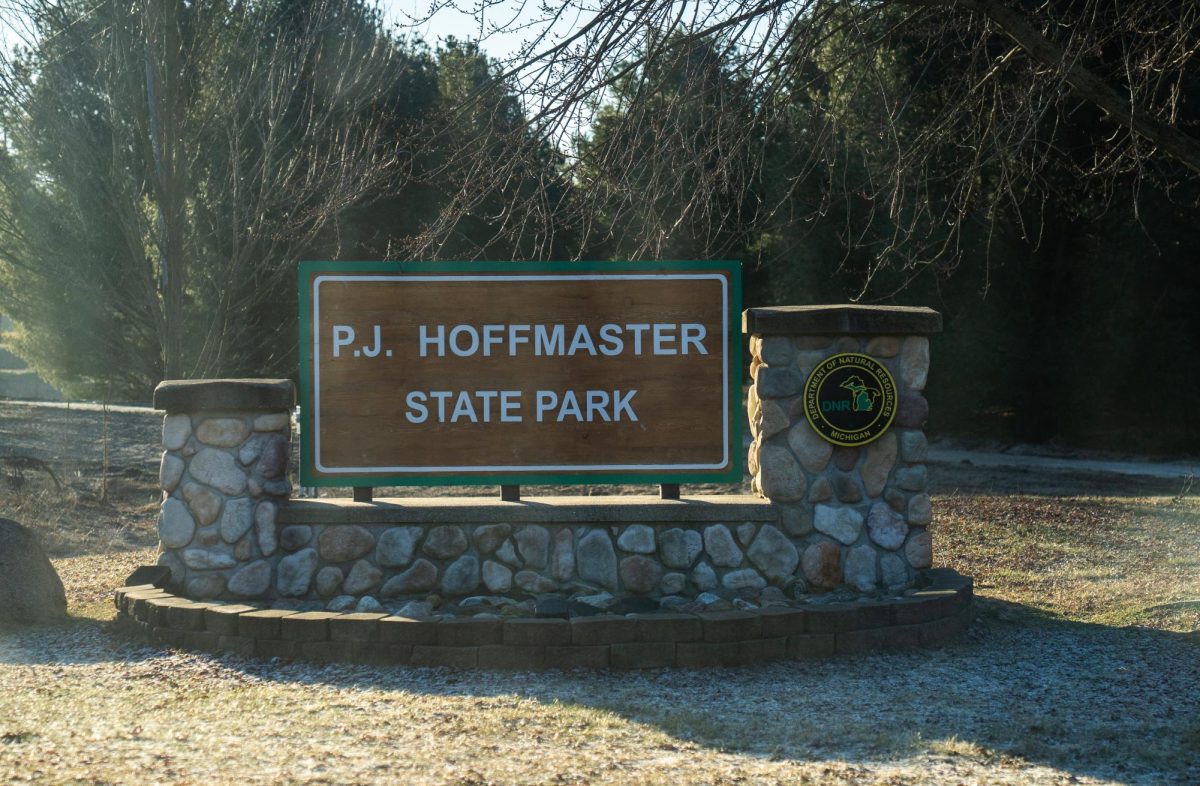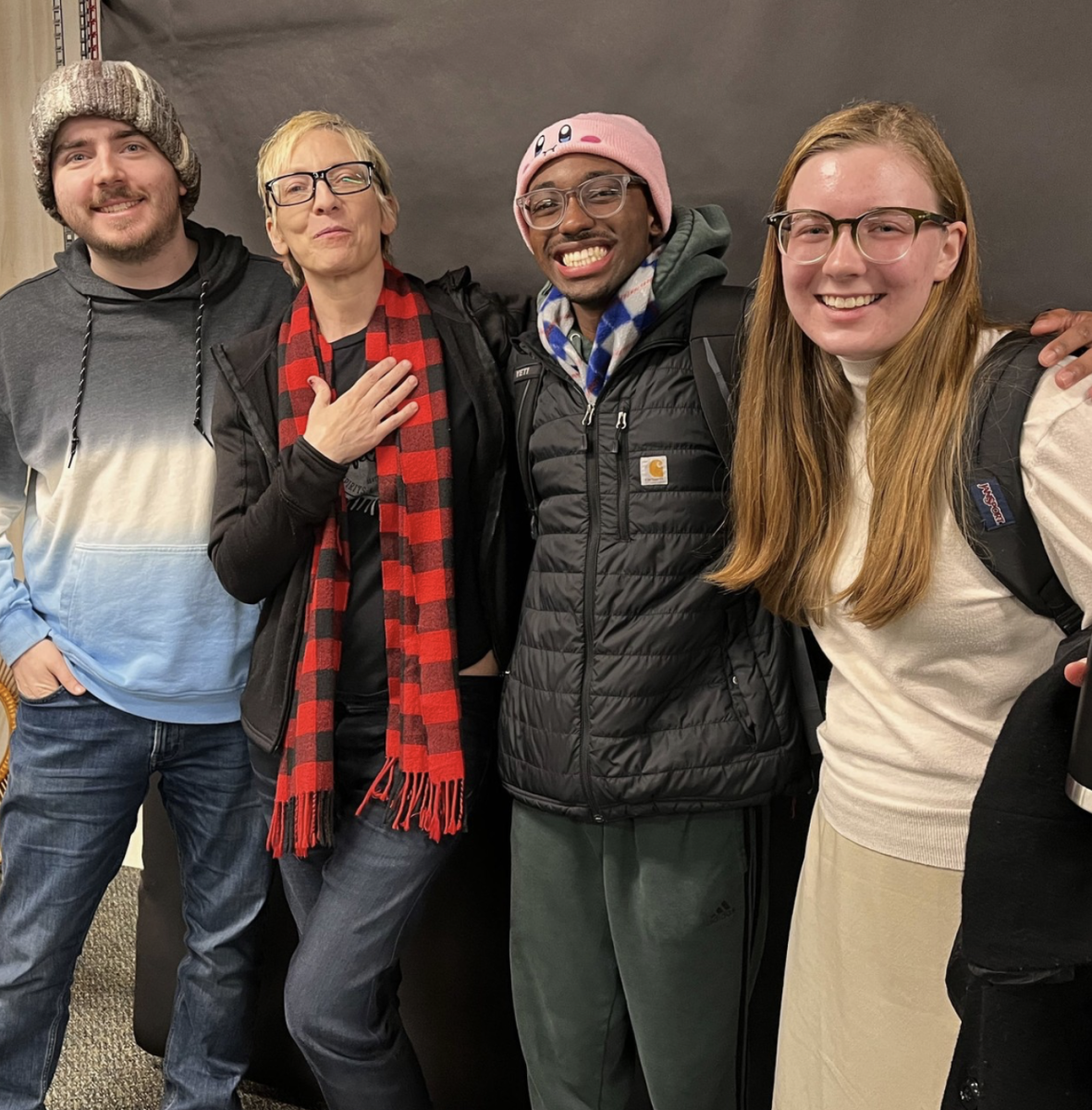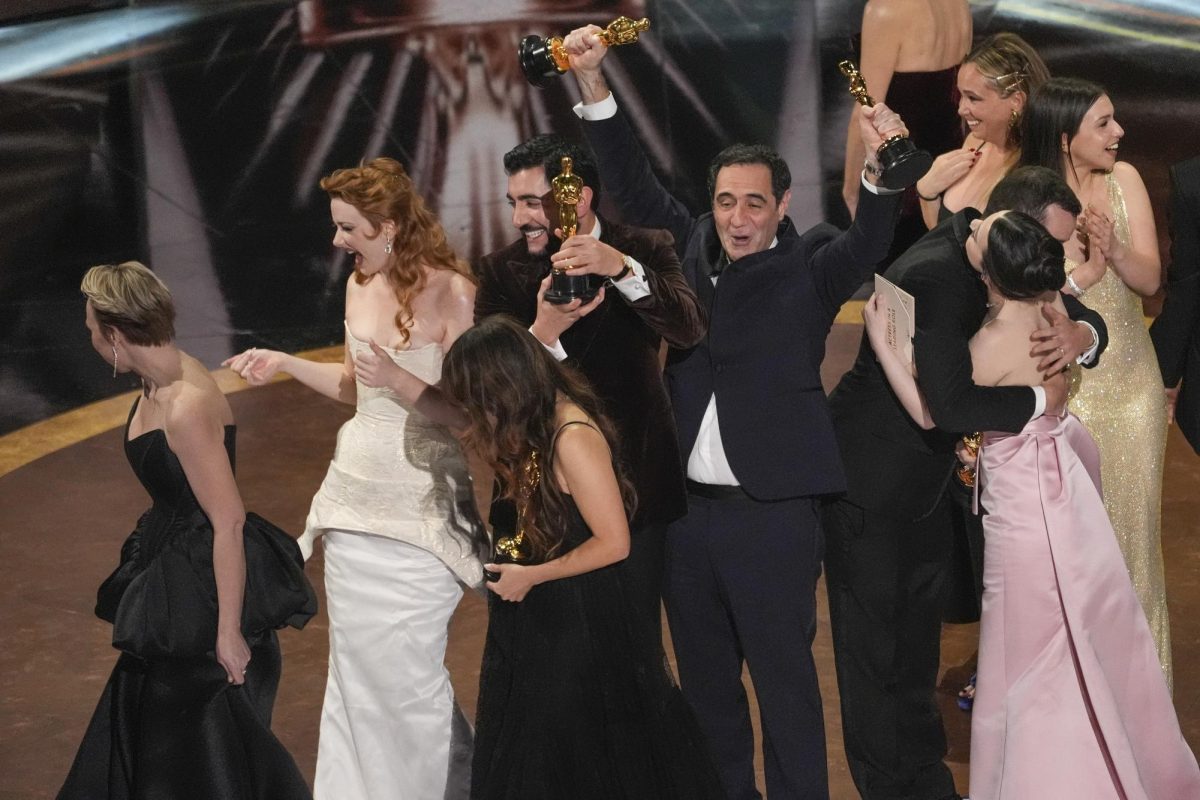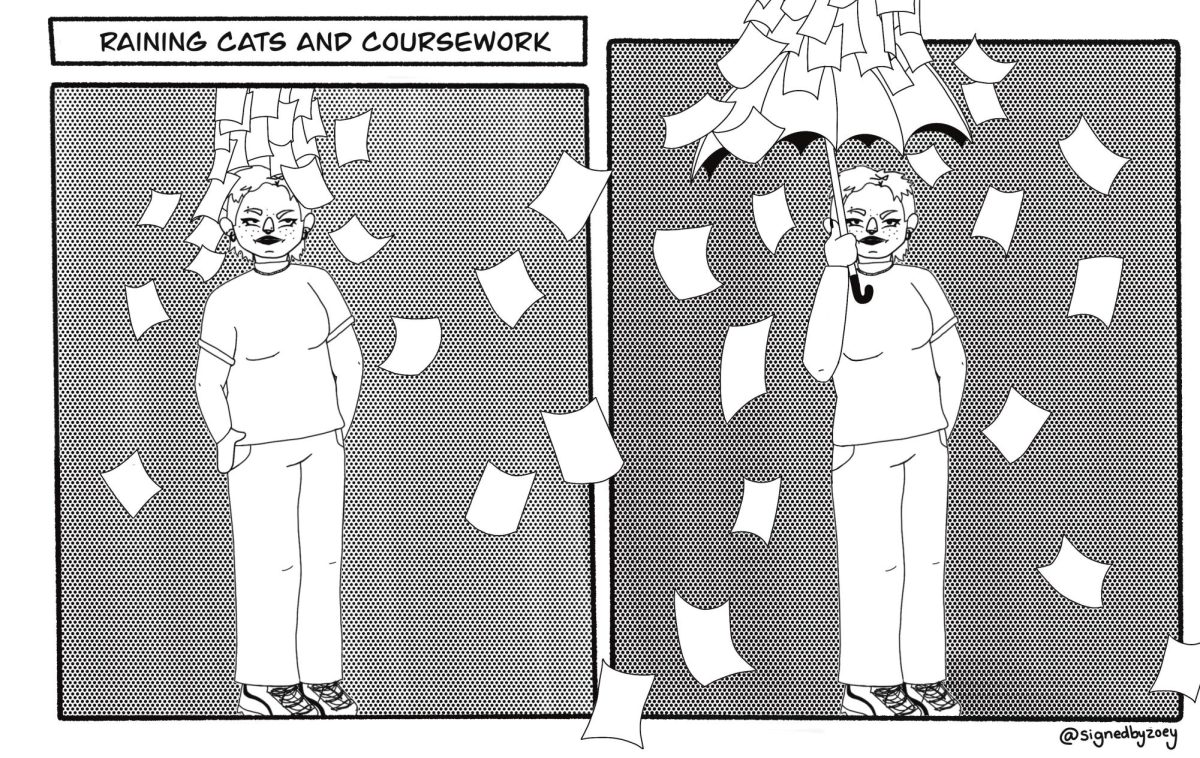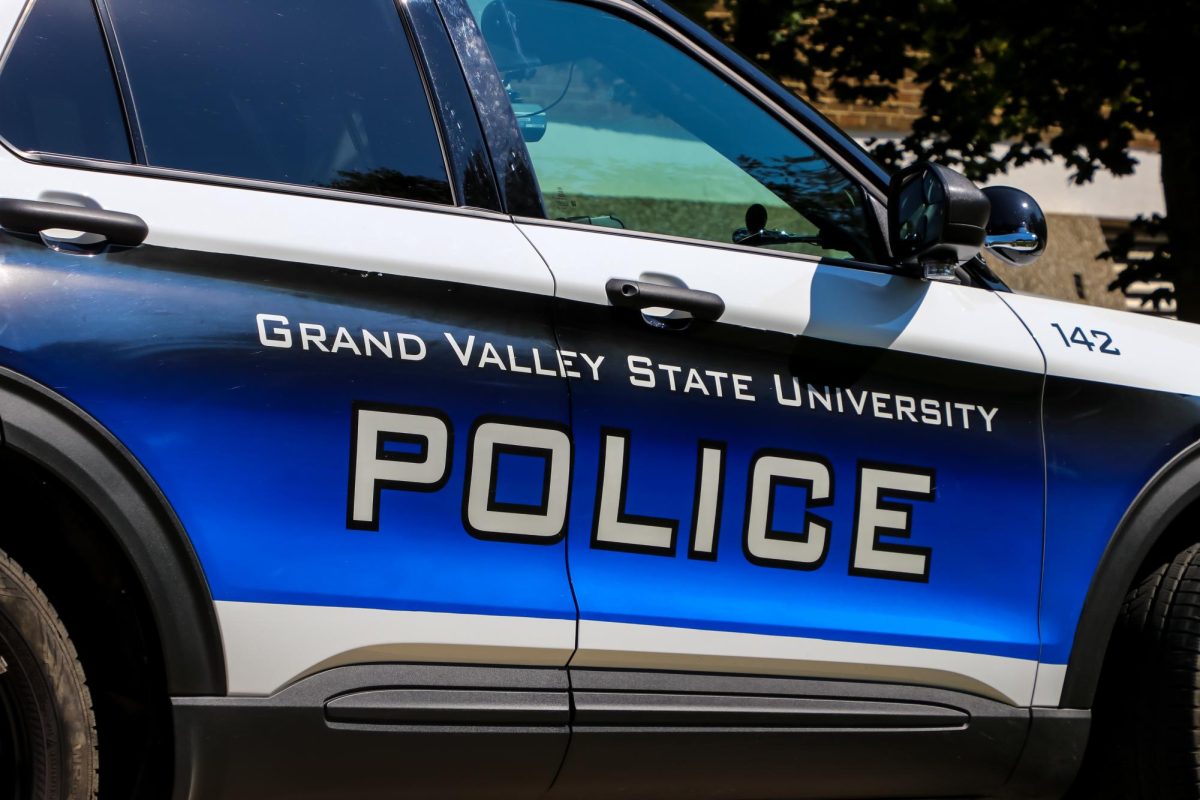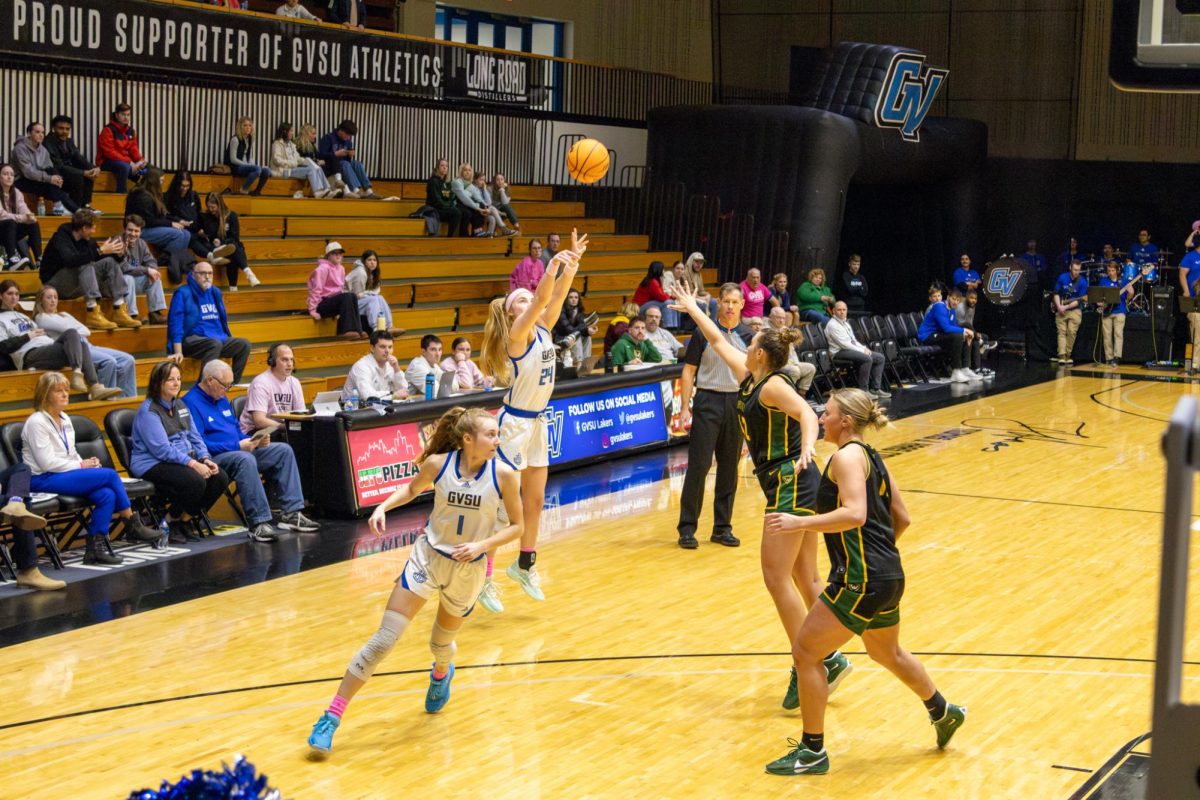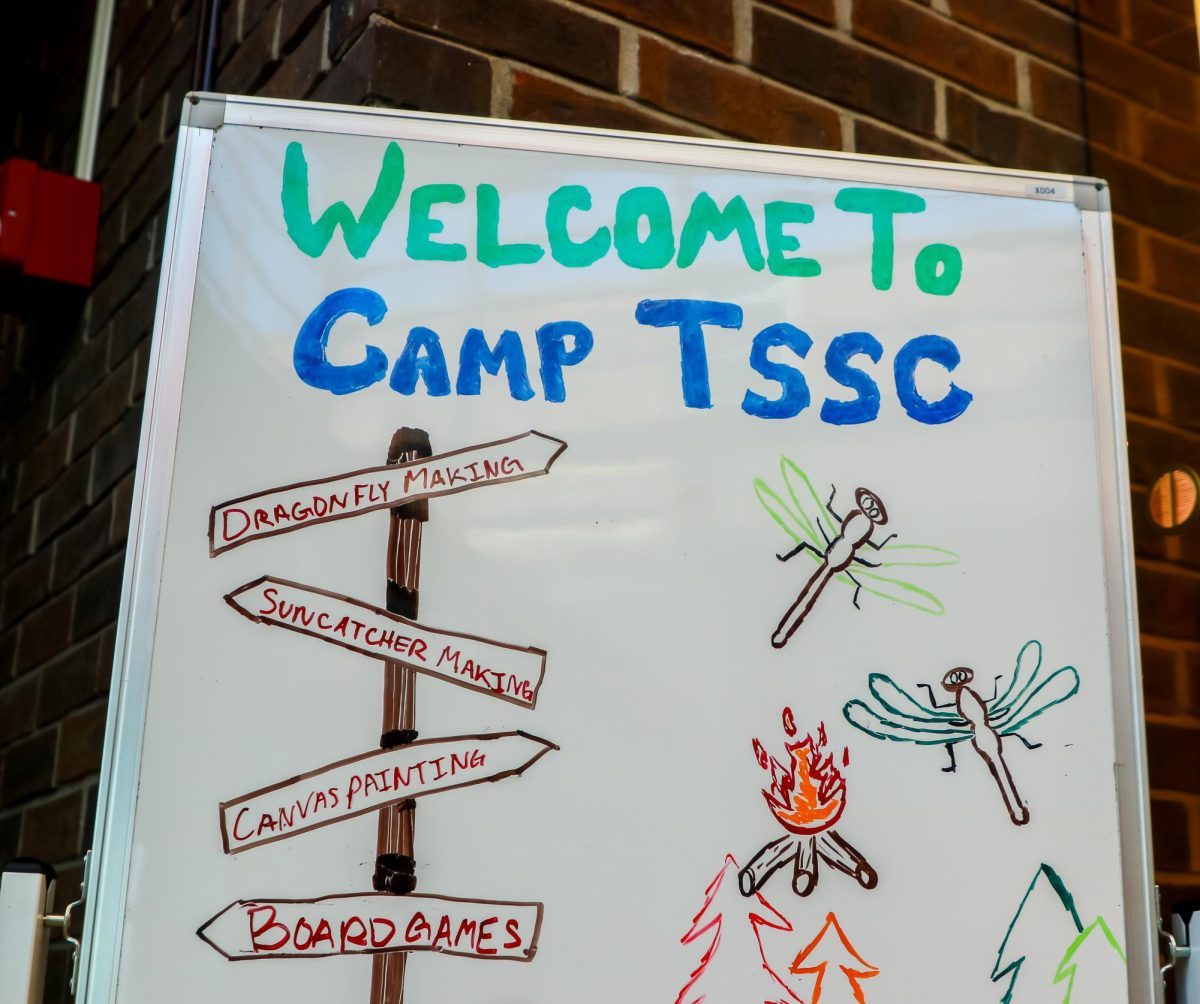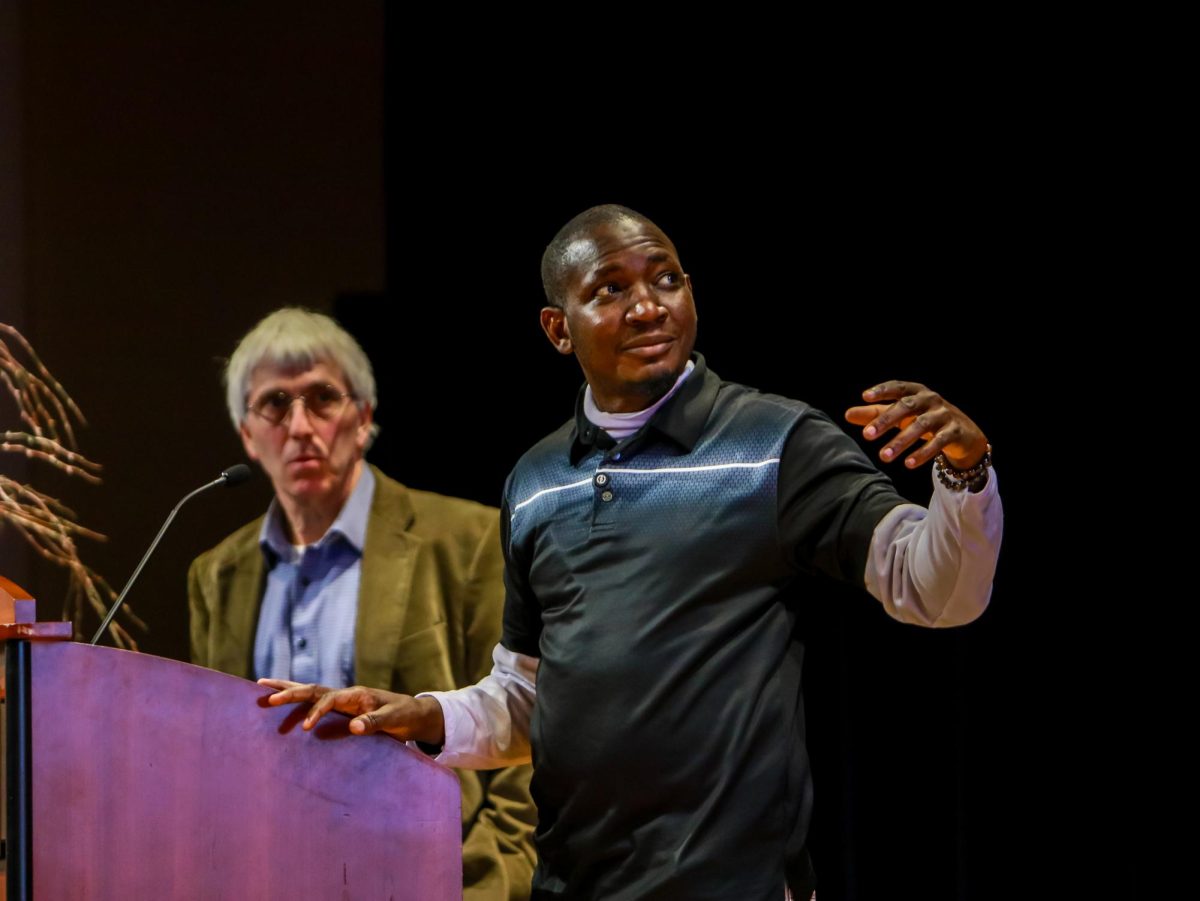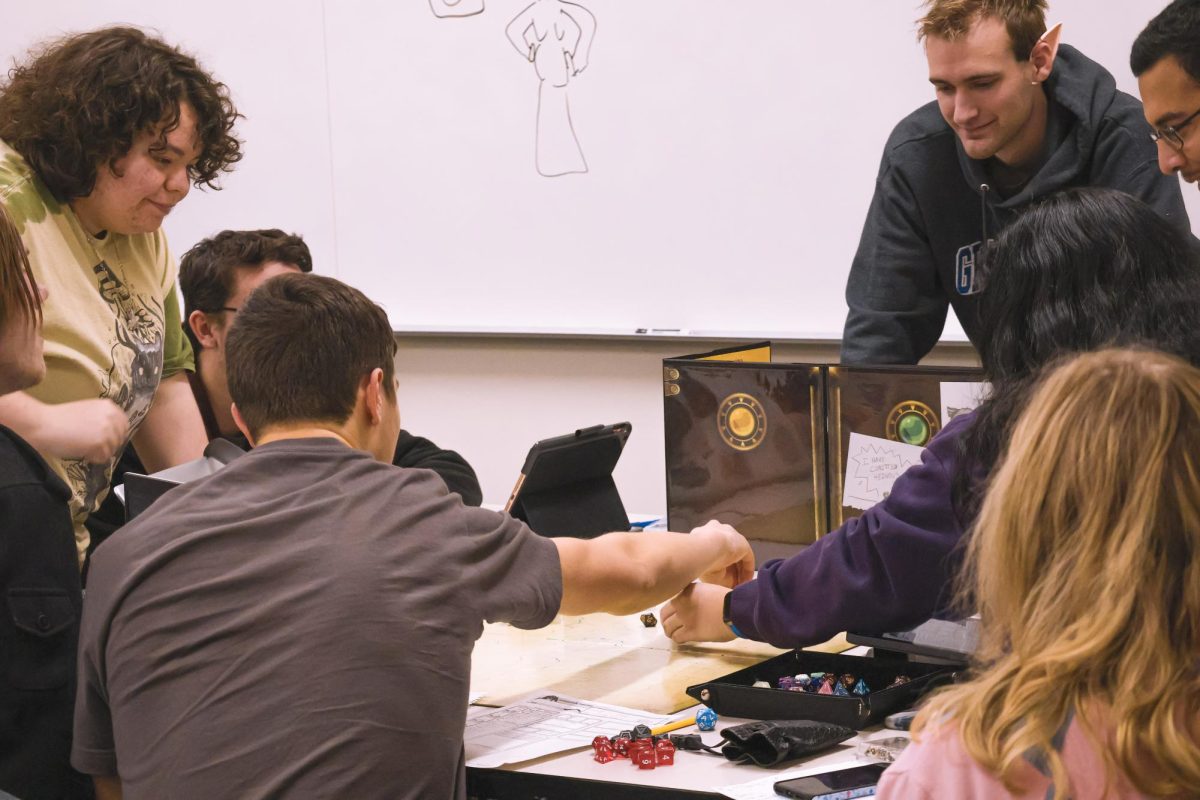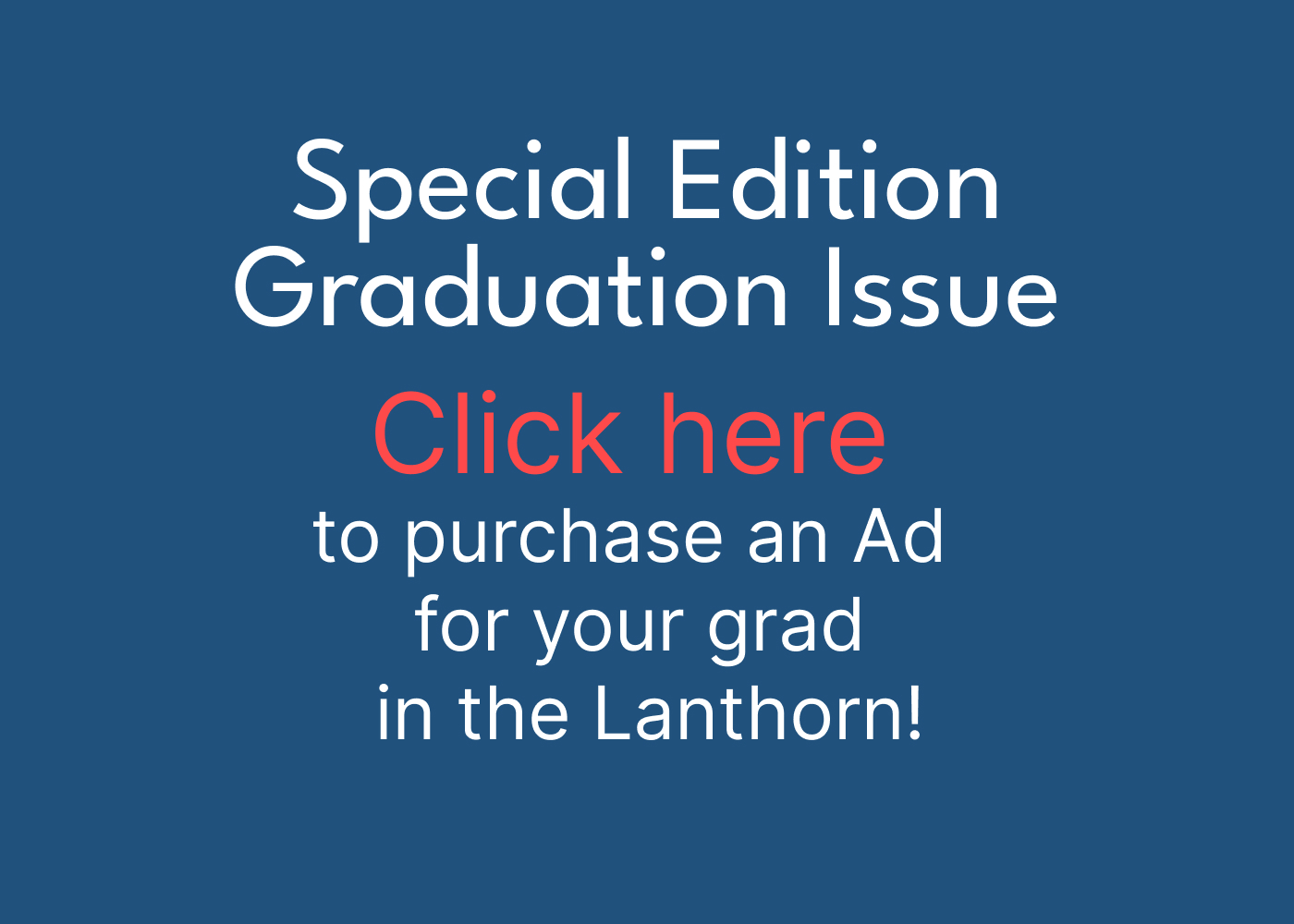GV Student Senate approves campus dining action plan
Nov 22, 2021
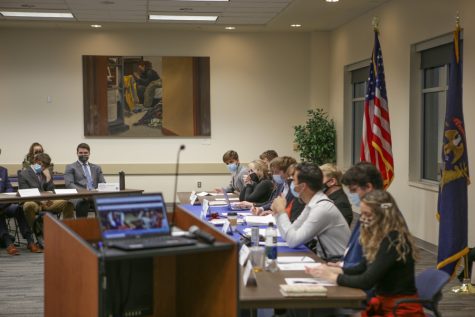
Following months of campus outcry, Grand Valley State University’s Student Senate laid out a plan of action to ramp up their response to the issue of campus dining.
On Nov. 18, Student Senate approved the creation of a pair of announcements regarding the issue to be sent to different segments of the campus community. Both a statement from Student Senate as well as a memorandum from Senate President Autumn Mueller will be crafted and sent to the campus community and members within the university’s administration, respectively.
The move comes after a semester-long effort by student activists to prompt officials to alter campus dining conditions and terminate the university’s ties to Aramark, the food service company that GVSU has a contract with until 2028. Mueller stated in her report that, as the University Food Committee had learned, the contract is subject to revision each year, a point that yielded questions from senators and clarification from Mueller as to the contract’s permanency.
“So, (Aramark doesn’t) have to be our vendor until 2028,” Mueller said. “We re-sign onto that agreement every single year, so we adjust and we change certain aspects of the agreement every single year.”
No indication was given during the meeting, however, to suggest that the university is considering termination.
According to GVSU’s contract with Aramark, which was obtained via FOIA request, if either party (GVSU or Aramark) are considering terminating the contract, they must provide a written statement with “sufficient specificity” as to why they are considering termination. In the following 30 days, both parties “discuss, in good faith” why they wish to terminate the agreement in an effort to prevent such action. If the party considering termination is not satisfied following the 30 day discussion period, they may submit a 90 day written notice of their intention to terminate.
Given this kind of information surrounding contractual and campus dining intricacies, Student Senate entered a debate on whether its statement and memorandum on the issue should be crafted prior to the coming winter break or if Student Senate should be allowed more time to gather facts before releasing it.
Senator Nancy Hoogwerf said she believed that taking more time to gather as much information surrounding the issue as possible would lead to a more accurate and effective message.
“I feel more information and research that we are able to get done before coming to a conclusion would be beneficial for all,” Hoogwerf said.
Other supporters of a prolonged timeline, like Vice President of Educational Affairs Faith Kidd, sought to dispel what they saw as misconceptions around what such a plan could mean.
“Taking your time to research something does not mean you’re halting,” Kidd said. “Taking your time to research something means that you’re thorough and you’re looking for facts rather than feeling that you’re rushed to do something and missing important factors.”
On the other side of the discussion, Senator Zachary Schmidt said he felt that the additional time was unnecessary.
“I think that we were in a position to continue to put pressure on the university to move forward with some type of action plan and change the situation that’s going on,” Schmidt said.
Echoing that sentiment, Vice President for Campus Affairs Aaron Rusch said he is a strong supporter of urgency and swiftness in getting the Student Senate’s message out.
“Personally, if we have a kind of plan of action, I don’t see, necessarily, a point in waiting,” Rusch said. “So, I’m totally a fan of getting on top of it and getting the ball rolling.”
Ultimately, however, a resounding majority of senators at the meeting agreed to allow more time to gather information before crafting the communique. While a few senators voted to strike down the measures, citing concerns over their efficacy and timeline, some of those opposed to the course of action still espoused optimism regarding the night’s debate.
“I would say I’m satisfied that we had a great discussion and that, in the end, we had the majority ultimately (vote) for what the majority thinks is the correct plan,” Rusch said. “I’m satisfied in the instance that we had a great discussion and we have a plan.”
The statement from the full Student Senate is expected to be drawn up after students’ return from winter break in 2022. The memorandum from President Mueller will follow. While the specifics of the documents’ language remain undecided, the move may grant ultimate clarity as to Student Senate’s goals in resolving what has been a visible semester-long challenge.





